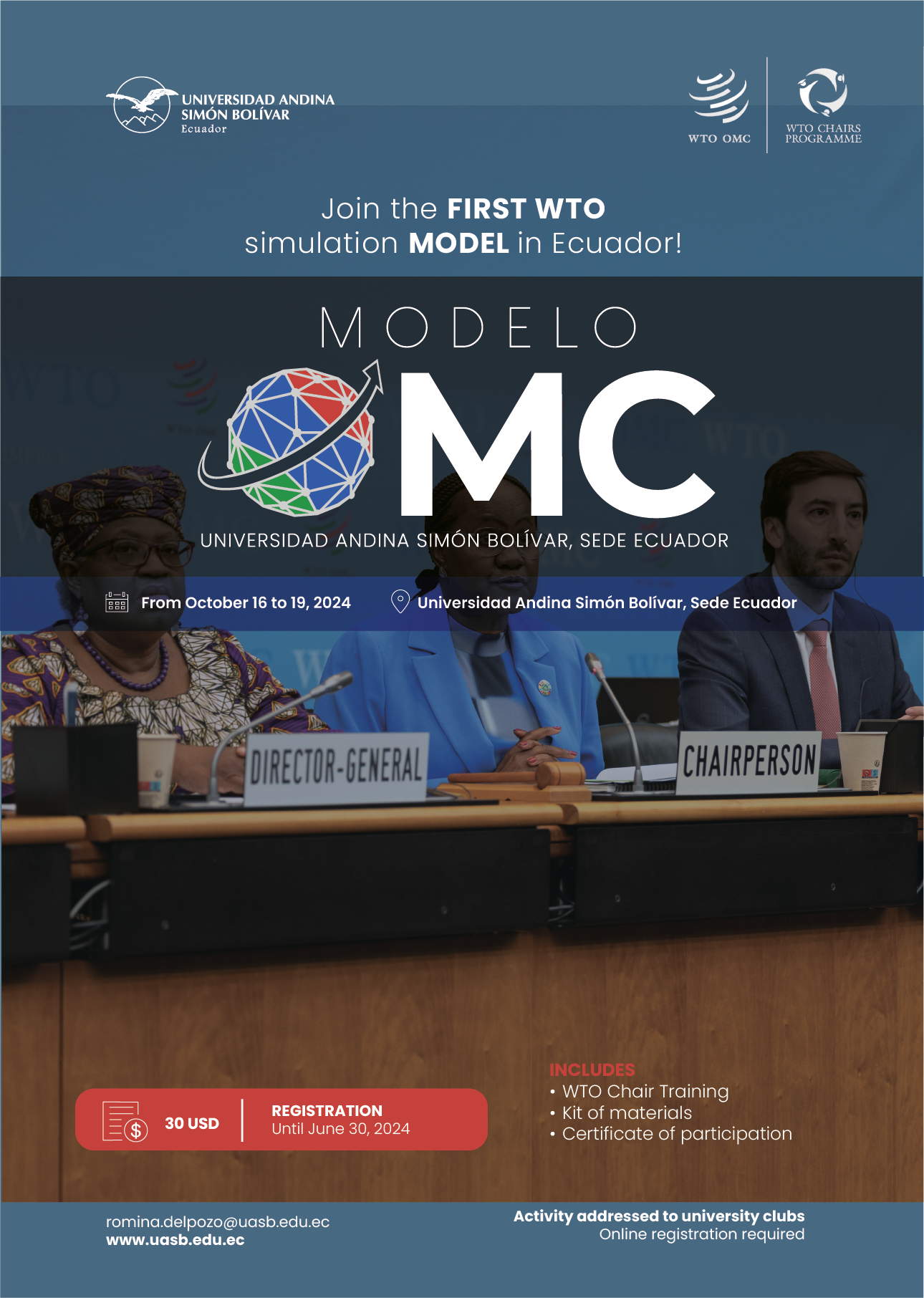Trade and Environment negotiations status under the WTO
This policy brief investigates the status and implications of the tariff-only approach in the ongoing WTO negotiations on environmental goods (EGs). It traces the evolution of trade and environment discussions from the GATT era to the WTO, focusing on the Doha Development Agenda and the APEC list of environmental goods. The brief critically examines the outcomes of tariff liberalization efforts, highlighting disparities between developed and developing countries in terms of export competitiveness, import dependency, and policy space erosion.
